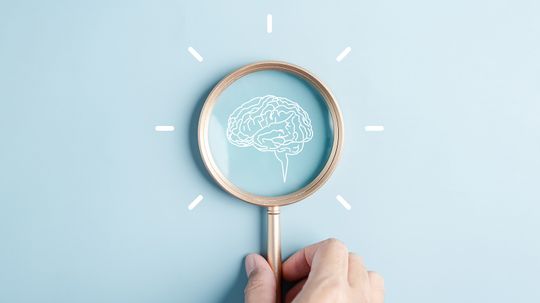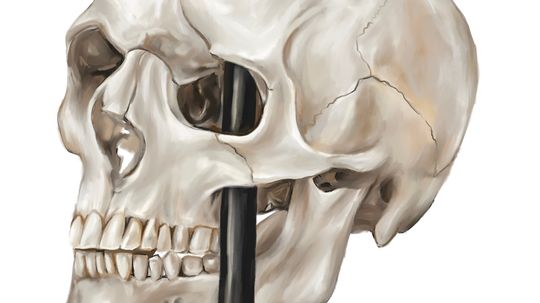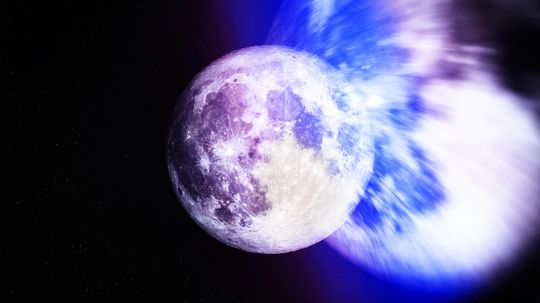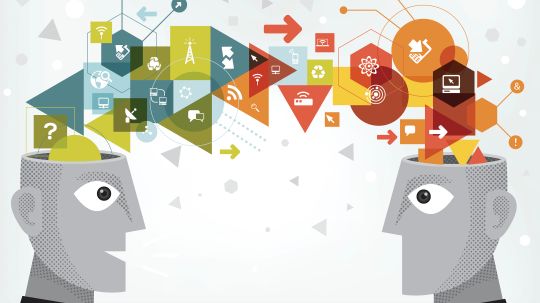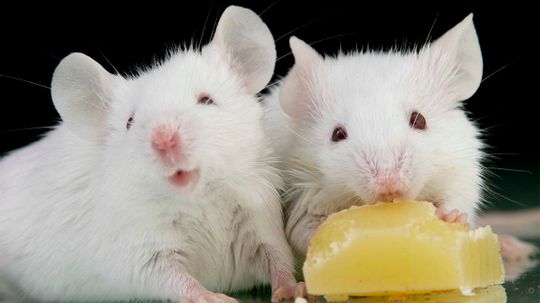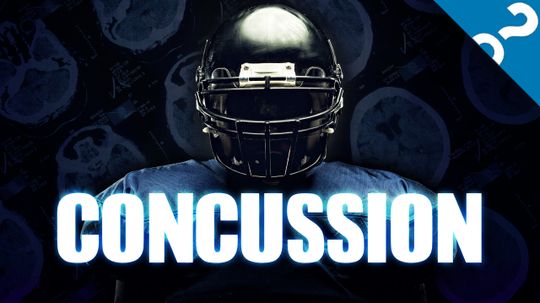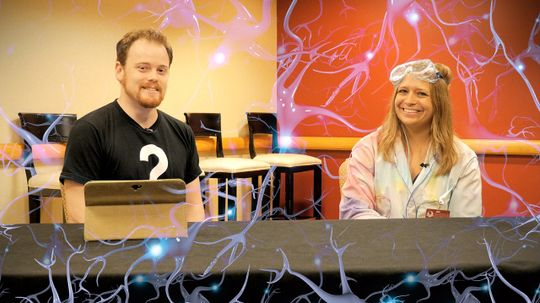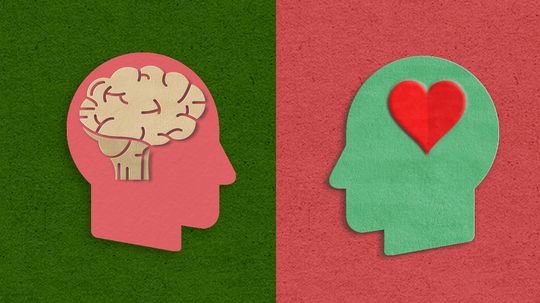Inside the Mind
What are dreams really made of? Are humans the smartest animal? What causes schizophrenia? Travel inside the mind and find out how the human brain works.

Is He Faithful? How to Identify Signs of Cheating in a Relationship

Why the Little Albert Experiment Could Never Happen Today

Milgram Shock Experiment: A Vital Lesson in Social Psychology
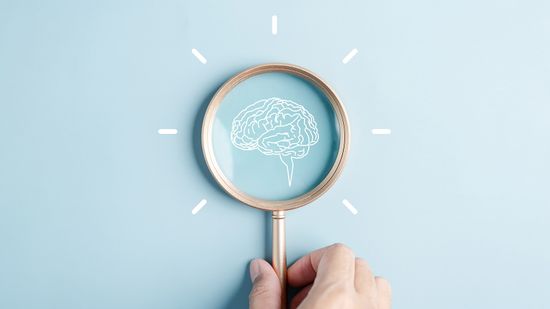
9 Types of Intelligence: The Many Ways to Expand Your Mind
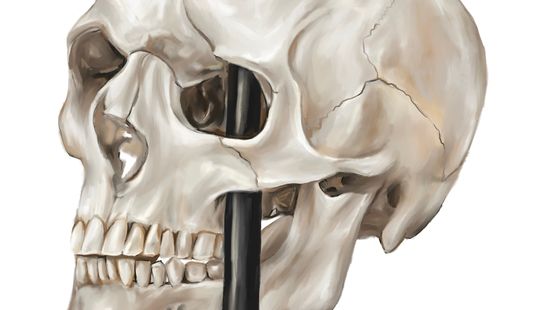
Phineas Gage and the Birth of Modern Neuroscience

Call of the Void: A Counterintuitive Form of Self-preservation
Learn More
For years, intelligence was measured largely by IQ tests and academic performance. But Harvard psychologist Howard Gardner challenged that view with his theory of multiple intelligences, arguing that intelligence is not a single ability, but a set of diverse capacities.
In the annals of neuroscience, few names are as memorable as Phineas Gage. His story remains a foundational example for both medical and psychology students, bridging medicine, psychology and history.
Content warning: This article discusses self-harm. If you or someone you know needs help, dial 988 or text SAVE to 741741.
By Ada Tseng
Advertisement
According to the National Institute of Mental Health and the American Psychiatric Association, more than 10 million adults in the United States are living with phobias or similar mental disorders.
By Mitch Ryan
North Node reveals your soul’s purpose and destiny. Learn how this astrological point shapes your growth, karmic lessons, and life’s ultimate path.
By HowStuffWorks
Suspect infidelity? Discover key signs he is cheating, from secretive behavior to emotional distance. Learn the red flags and what to do next.
By HowStuffWorks
Where does fear come from? American psychologist John Watson wanted to find out — so, in the name of science, he tried to instill specific new fears into a baby boy he called Albert.
Advertisement
Stanley Milgram's experiment was a controversial test of human psychology that shed light on the limitations of free will and obedience to authority.
By Mitch Ryan
Discover what it means to be a Manifesting Generator in Human Design. Learn about their traits, energy, and success strategies for thriving in life and relationships.
By HowStuffWorks
Psychologists who study the human personality often refer to the Big Five personality traits, a model that separates general characteristics into five categories: openness, conscientiousness, extraversion, agreeableness and Neuroticism. This psychological model is also known by the acronyms, OCEAN and CANOE.
By Ada Tseng
People talk to their pets every day: offering praise when they're good, reassurance when they're confused and affection when they're cuddling. We also speak to animals when they misbehave. "Why did you do that?" someone might ask their dog. Or we might scold the cat - "Don't touch that!" - as we move a family heirloom across the room.
By Jon Garthoff
Advertisement
You might have seen the TikTok trend and wondered, what is shadow work? Learning how to practice this form of self-reflection can improve your relationships.
A friend may joke that he remembers going through a long, dark tunnel into a blinding white light - and being hit on the bottom by a doctor. But in general, most people don't remember being born or learning to walk. Why is that?
For what looks like a big old lump of putty, the human brain is a truly incredible thing. Think of it as the body's mission control center. Find out how much of a brainiac you are with our quiz.
By Alia Hoyt
Could manipulating the human brain's desire for sweet foods lead to new weight control methods and better treatments for eating disorders?
Advertisement
Wouldn't keeping quiet help us get away from whatever's scaring us? What's the science behind the weird face and raw shout?
What's the science behind fainting at the sight of blood? This BrainStuff video takes a look at the brain's internal toggle switch making some people hit the floor.
What does it feel like to get a concussion? What are the mental and physical effects of this injury? And how can we best diagnose and treat them in the future?
Christian Sager interviews Dr. Jennifer Watson on how parts of the brain affect why we are the way we are. Learn more about your physiological personality in this interview from HowStuffWorks. Music: Land on the Golden Gate - by: Chris Zabriskie
Advertisement
Intelligence tests are not often accurate measures of intelligence. Learn more about intelligence tests and some of the more inaccurate ones in this video from HowStuffWorks.
Is there any truth to the stereotype of the mad scientist? Turns out there is a link between high IQs and mental illness. Researchers are still not sure why.
We've all seen "flame wars" on the Internet. Maybe we've been the victims or the perpetrators, too. But what causes people to say things online that they would never say in person?
Who doesn't want to instantly gobble up the marshmallows floating delectably on top of their hot chocolate? As it turns out, giving in to or delaying that impulse can say a lot about you -- and your willpower. Ready to see how strong yours is?
By Robert Lamb
Advertisement
Don't think of emotions as just "feelings." They're also the product of how your brain processes your feelings and how you respond to them.
When a well-timed joke or a clever cartoon tickles your funny bone, specific areas of your brain react to spread that mirth throughout your system. Can scientists use this knowledge to create a universal formula for comedy?
